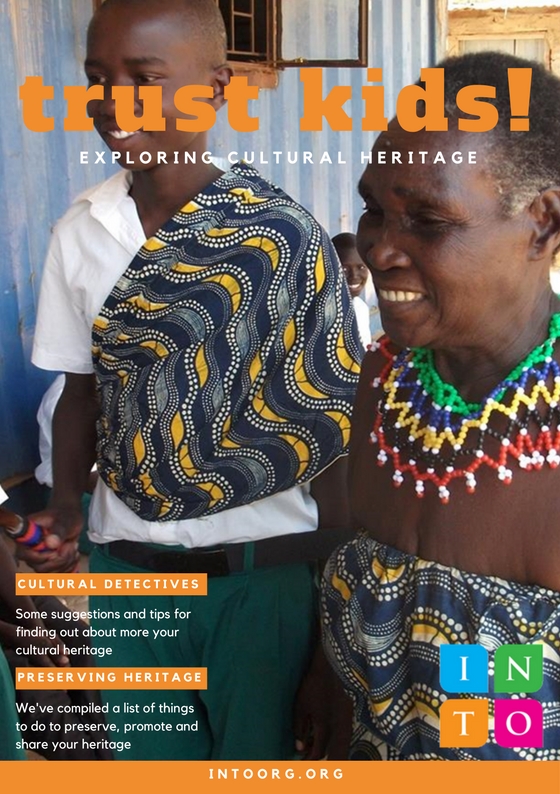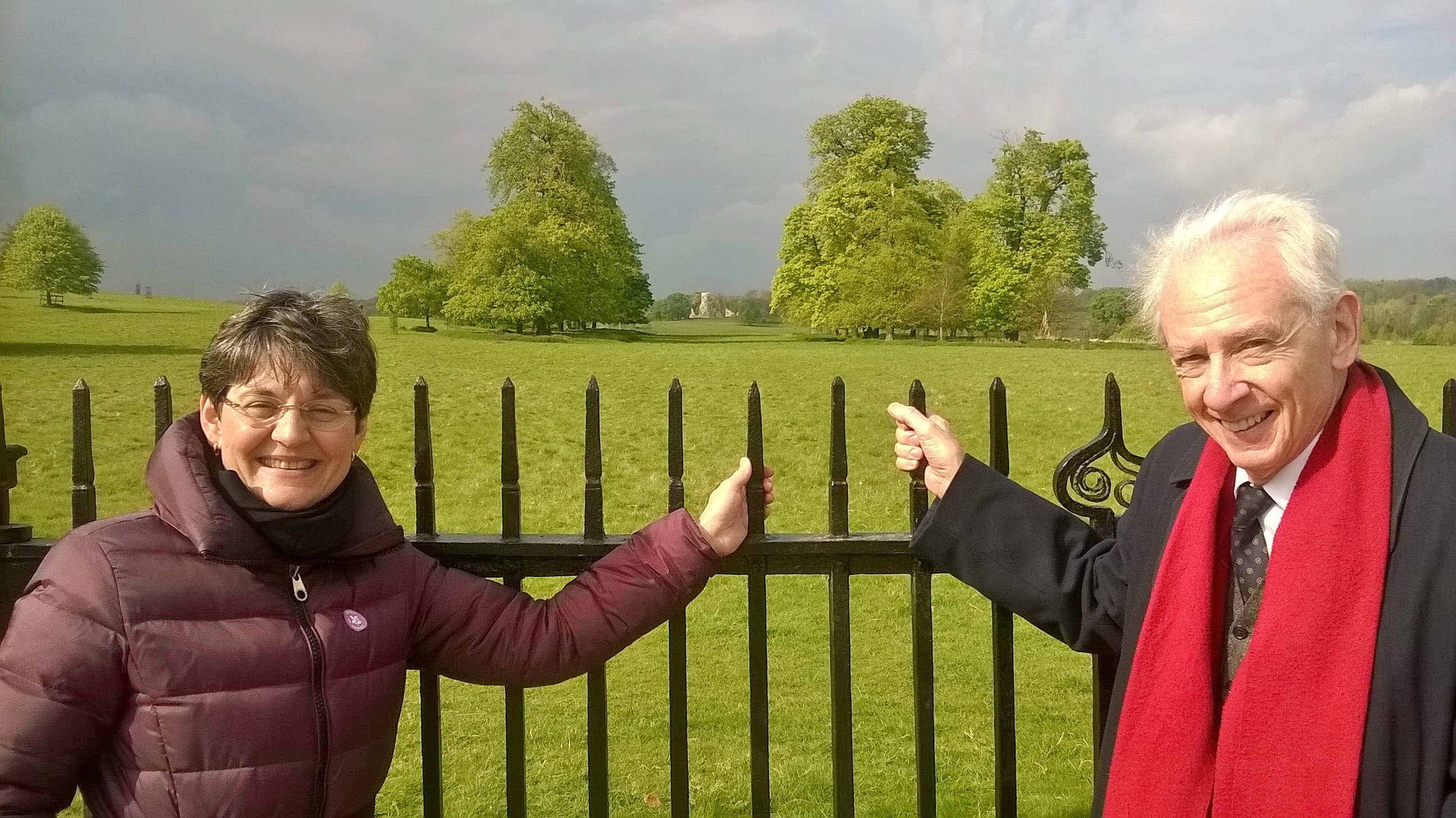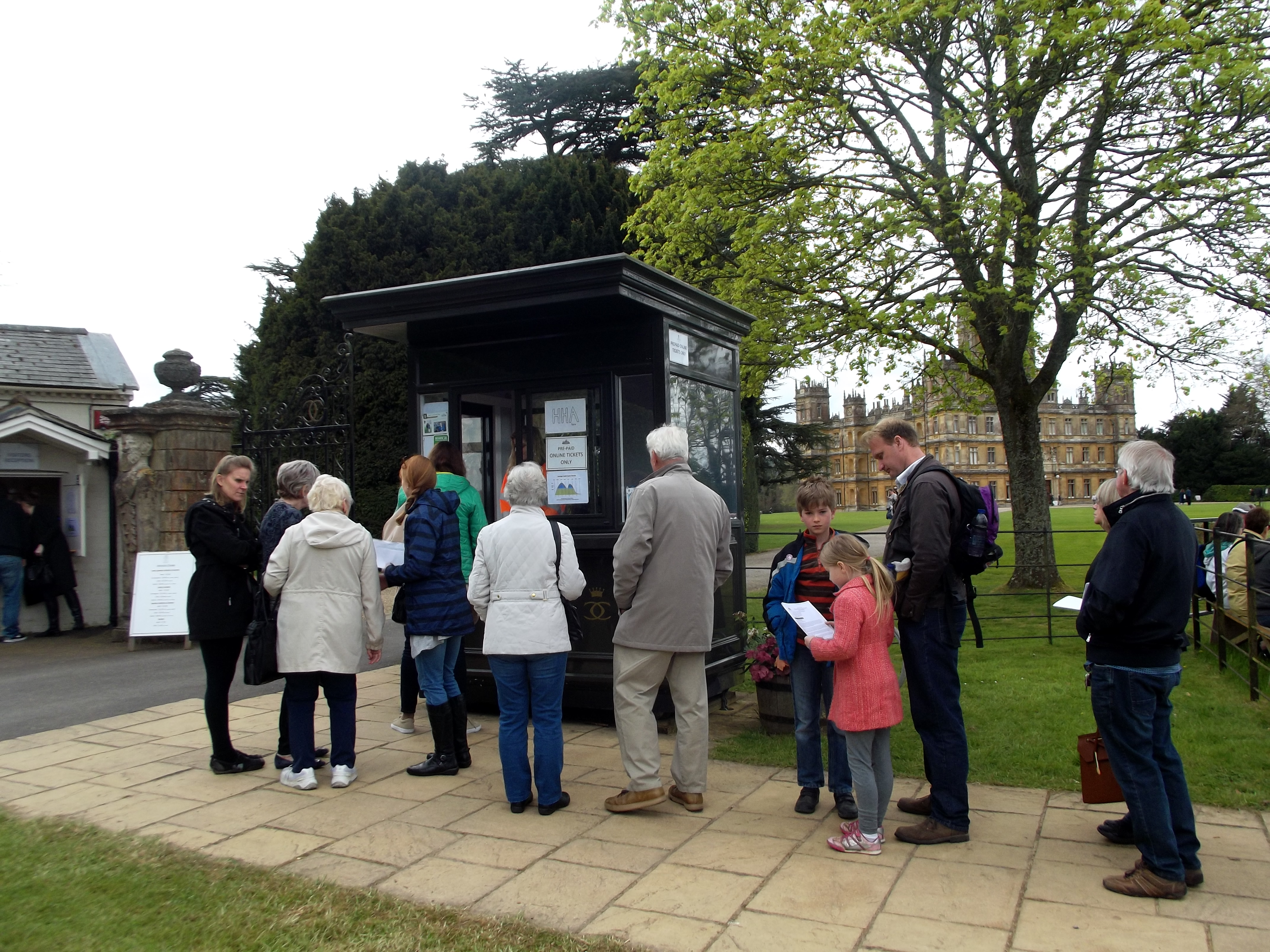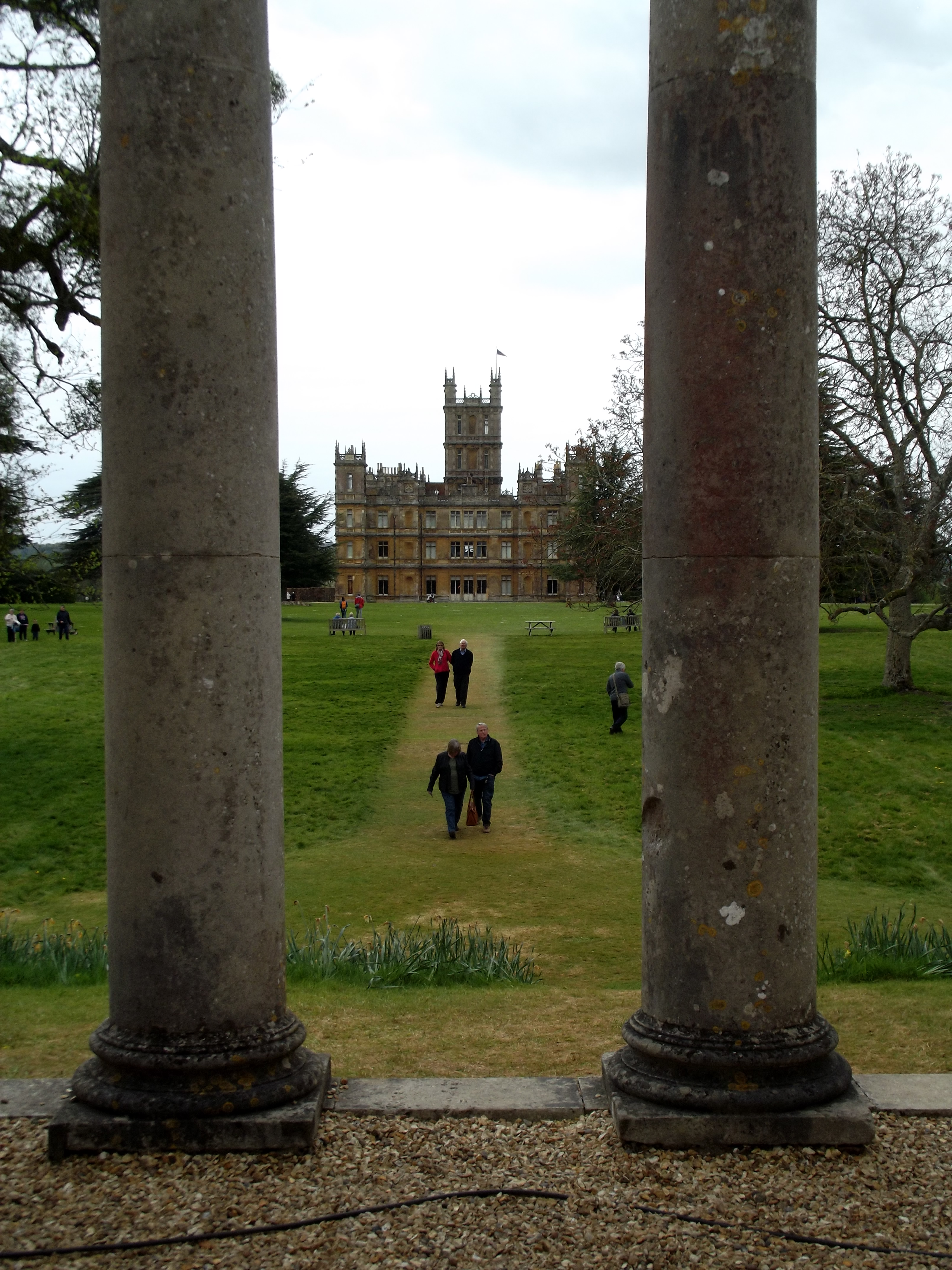-
Trust Kids! (Weekly blog, 23 April 2017)
Posted on April 23, 2017A blog by Catherine Leonard, Secretary-General
This week we celebrated World Heritage Day with a speech by INTO Chairman, Fiona Reynolds, in Cambridge, and the launch of our new resource, Trust Kids!
World Heritage Day
UNESCO designated 18 April as International Day for Monuments and Sites in 1983. While UNESCO is responsible for the listing of World Heritage Sites, 18 April is not just about these outstanding places. The aim is to raise awareness of the diversity of all cultural heritage, its vulnerability and the efforts required to promote and protect it.
We chose to focus on intangible heritage and the importance of engaging young people in its preservation, protection and passing on.
 INTO’s 2nd Annual World Heritage Day Lecture
INTO’s 2nd Annual World Heritage Day LectureIn her speech, Fiona mentioned the discomfort some people feel about the very idea of intangible heritage. A feeling that this is something that happens ‘over there’ and not here in the UK. Perhaps as a consequence of the success of organisations like the National Trust, we’re somehow less able to see beyond the tangible? Or maybe it’s a question of language?
This came up in the lively debate following Fiona’s lecture. The Manager of the Cambridge-Africa Programme, Pauline Essah, wondered whether there was a word like ‘saujana’ for intangible heritage. (This Indonesian word refers to cultural landscapes – or literally ‘as far as the eyes can see’.)
I do think it’s true that some people are more comfortable with the language of ‘living heritage’ or ‘cultural tradition’.
You can listen to Fiona’s speech via the podcast link below.

Discussion
Mike Pienkowski, Chairman of the UK Overseas Territories Conservation Forum, underlined Fiona’s comments about farming. That it’s not a choice between tradition, passed down through generations, and modern science. But a combination. Also that we can’t keep people living in poverty because it looks quaint and folksy.
Fiona also called for the UK government (and others – like Canada and America) to ratify the 2003 UNESCO Convention for the Safeguarding of Intangible Cultural Heritage. Kate Pugh, until recently Director of the UK Heritage Alliance, agreed that ratification was ‘very far away’.
Aaron Mushengyezi, a Fellow from Makerere University, Uganda whose research is into the preservation of oral cultures, made two observations. Firstly, that local communities had been disappointed when infrastructure projects were stopped due to intangible cultural heritage reasons. Secondly, the risk of commercialisation.
Jonathan Spencer of the Forestry Commission finally observed that there was a cost to maintaining traditional culture – and it was important to get the balance right.
Trust Kids!
Everyone agreed that it was important to mobilise young people and there were lots of good ideas about how to encourage dialogue and cultural exchange through schools and other means. So our next job back here at the INTO Secretariat is to work with our Members to bring Trust Kids! to life.
Young people give us hope. They view our global world in a positive way. Where we saw walls, they see open vistas. We need their optimism and confidence, just as we need the next generation to value and care for our cultural heritage.
But understanding cultural heritage is also vital for them. Identity helps us all to belong, to feel safe and to feel proud. Moreover learning about our own identity helps us to better respect and tolerate each other.
End of the Easter holidays

Sneška Quaedvlieg-Mihailović and Peter Collins, Chairman of Europa Nostra in the UK (Photo by Paul Coleman)
And so, this was the last week of the children’s Easter break. After Cambridge on Tuesday 18th, we all went to Wimpole Hall on Thursday to celebrate excellence in European conservation. Because Wimpole’s recently restored 18th century Gothic Tower was among the winners of the 2016 European Union Prize for Cultural Heritage / Europa Nostra Awards, Europe’s highest honour in the heritage field. I was particularly delighted to be invited to the ceremonial prize giving, and to have a special tour of the Tower! It was particularly good to see Sneška Quaedvlieg-Mihailović, Europa Nostra’s Secretary-General making the case for the National Trust’s continued involvement in Europe. In particular, next year’s European Heritage Year.
Then on Friday, we spent the day at the majestic Highclere Castle, country seat of the Earl of Carnarvon. A gentle easing back into school work with the Egyptians and World War I on the curriculum! (Not only did the 5th Earl discover the tomb of Tutankhamun in 1922, but Highclere was the main filming location for period drama, Downton Abbey)! Another busman’s holiday. Poor things. And of course, I’ve also got them going on Trust Kids! as well …
Thanks for reading!
[podcast_episode episode=”28198″ content=”title,player,excerpt,details”]


Visiting Highclere Castle, April 2017


 44 (0)20 7824 7157
44 (0)20 7824 7157